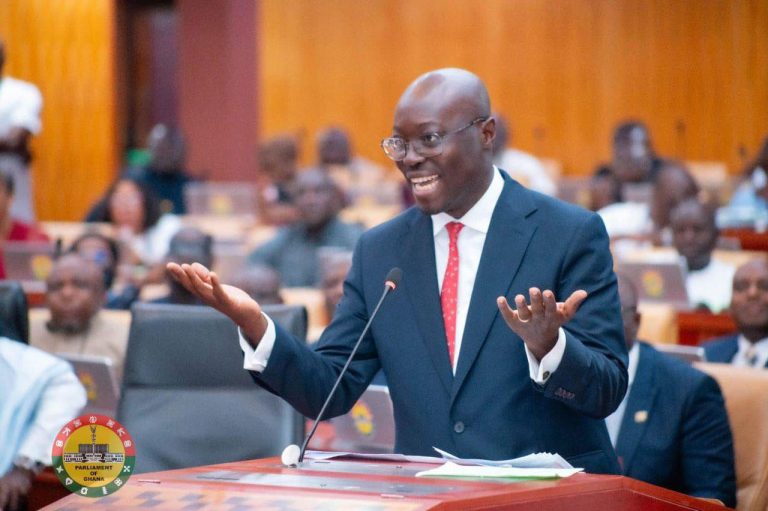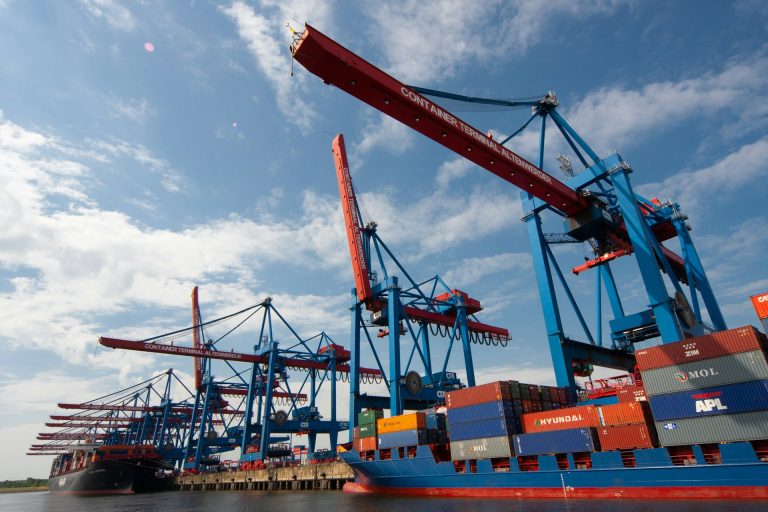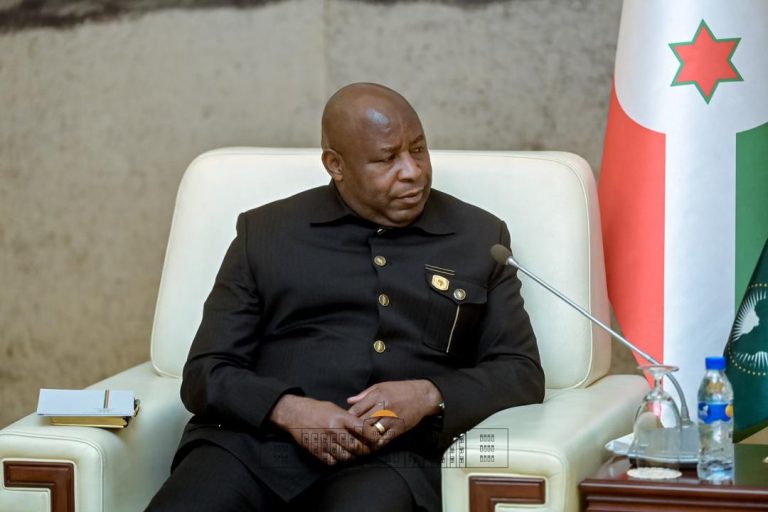- Facility to ease imports of fuel, fertiliser and medicines
- Afreximbank grants Malawi’s NBS Bank $100mn trade finance boost
BLANTYRE, MALAWI – NBS Bank Plc has secured a $100 million credit line from the African Export-Import Bank (Afreximbank) to strengthen its trade finance portfolio and support Malawi’s growing import needs.
The Afreximbank Trade Facilitation Programme (AFTRAF) facility, signed on the sidelines of the Intra-African Trade Fair 2025, will help the bank finance the importation of essential goods such as fuel, fertiliser and pharmaceuticals.
“This $100 million facility is among the largest limits for AFTRAF for a bank in Malawi,” said Haytham El Maayergi, Afreximbank’s Executive Vice President, Global Trade Bank.
“It demonstrates our commitment to supporting Malawi’s trade aspirations as one of our member states. It also demonstrates the good and long-term relationship that exists between Afreximbank and the NBS/NICO group.”
NBS Bank Chief Executive Officer Temwani Simwaka signed the deal on behalf of the bank.
Trade and economic implications
The AFTRAF programme provides trade confirmation services, guarantees and reimbursement undertakings to enhance counterpart confidence and improve correspondent banking relationships. By supporting strategic imports, the facility is expected to reduce payment bottlenecks and expand access to foreign currency in Malawi’s tight exchange market.
El Maayergi said the arrangement would also provide NBS Bank with a confirmation line from within Africa, improving its ability to backstop cross-border transactions. He stressed that the support is consistent with Afreximbank’s wider mandate to boost intra- and extra-African trade.
Economist and former African Development Bank Chief Economist Mthuli Ncube welcomed the facility as a catalyst for regional integration.
“Trade financing remains one of the biggest bottlenecks for African economies,” he said. “This facility will enhance Malawi’s ability to expand intra-African and global trade, while also reinforcing the importance of regional financial integration through Afreximbank’s initiatives.”
Dr. Hippolyte Fofack, Chief Economist at Afreximbank, said the package would strengthen the resilience of small and medium-sized enterprises (SMEs) by easing access to trade finance, which has often been constrained by high-risk perceptions among global banks.
Investor sentiment
Analysts noted that while the credit line is unlikely to directly affect Malawi’s Eurobond yields – since it is earmarked for trade financing rather than sovereign debt servicing – Afreximbank’s participation could be seen as a vote of confidence in the country’s financial system.
“The infusion of trade finance capacity could help reduce short-term payment pressures and improve liquidity in the foreign exchange market,” said one analyst in Lilongwe, adding that the deal may slightly bolster investor sentiment toward Malawi’s Eurobonds.
Malawi relies heavily on imports of fuel, machinery and consumer goods, making access to trade finance critical for stabilising its fragile economy. The facility, observers say, could provide temporary relief for the Malawian kwacha by widening avenues for foreign currency borrowing.










